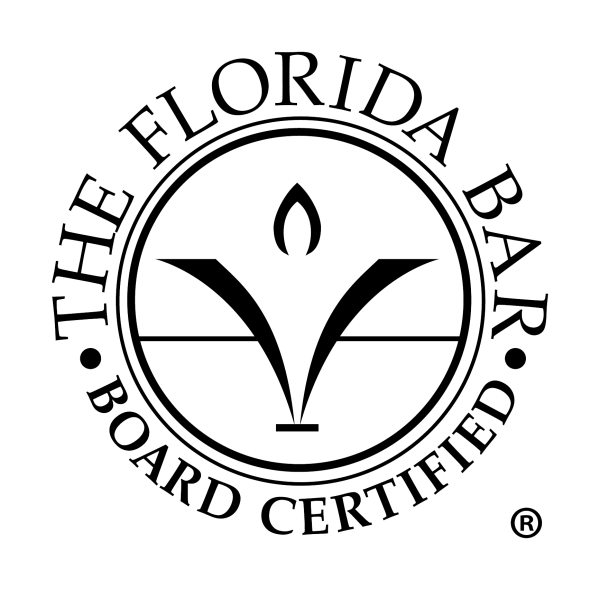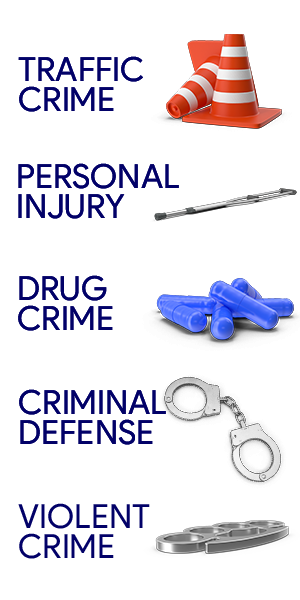Drunk Driving Accident Lawyers Protecting Floridians
Drunk Driving Accident Attorney Riverview Driving drunk is dangerous, despicable, and oftentimes deadly. According to the Florida Department of Transportation, many people died on Florida roadways in 2019.
According to crash stats published by the National Highway Traffic Safety Administration, in 2018, 29% of all traffic fatalities involved drinking and driving. Drunk driving is a problem that makes Florida’s roadways more dangerous for all drivers and passengers. If you or someone in your family is the victim of a DUI/DWI accident, contact a Riverview Drunk Driving Accident Attorney at Valrico Law Group as soon as possible.
Teens and adults hear the creed “Don’t drink and drive,” so often, yet many choose to continue to drive after drinking. According to the U.S. Department of Transportation, three people are killed every two hours in accidents that involve driving under the influence of drugs or alcohol.
The statistics tell a grim story but can’t do justice to the grieving families, those who suffer catastrophic injuries or suffer serious physical and financial harm because of someone’s choice to drive while impaired.
Florida Laws Against Drinking and Driving
Florida law states that a driver cannot be in physical control of a vehicle while under the influence of alcohol, any drug, glue, aerosol, or toxic vapor that renders it unsafe for them to drive.
A person’s blood alcohol content (BAC) must not exceed 0.08 within three hours after operating a motor vehicle. For those operating a commercial vehicle, or any vehicle that requires a CDL, the blood alcohol content cannot exceed 0.04. Florida also has a zero-tolerance policy for drivers under the age of 21, meaning a BAC of 0.02 or higher will result in a DUI charge.
For drivers that exceed the legal limit of alcohol or are under the influence of other controlled substances, criminal penalties vary depending on the nature of the arrest, injuries, or deaths that might have occurred, and whether it is a first or subsequent offense.
Drunk Drivers Can be Held Liable for Compensatory and Punitive Damages
Criminal penalties are common and costly for drinking and driving. However, there are many situations when criminal penalties are not enough to act as a deterrent. According to Mothers Against Drunk Driving (M.A.D.D.), between fifty and seventy-five percent of drivers whose license is suspended because of a D.U.I. continue driving.
Drunk drivers in Florida can be held financially responsible for the injuries and damage they cause. Driving under the influence of drugs, alcohol, or a combination of the two, constitutes criminally reckless conduct. The criminal court system handles criminal penalties, but drunk drivers may also face a separate civil court case.
Motor vehicle accidents involving drunk drivers, including those that involve motorcycles and pedestrians, tend to be far more catastrophic and are associated with a higher incidence of serious injuries and fatalities. One-fourth of the deaths from motorcycle accidents in Florida involved riders with a BAC of 0.08 or higher.
Compensatory Damages
Anyone involved in a car accident can recover compensatory damages from an at-fault driver. Compensatory damages, under Florida law, are intended to repay the actual damages suffered by the plaintiff. Examples of compensatory damages include:
- Pain and suffering: Florida courts have established several factors for determining pain and suffering, such as interference with everyday living, the loss of enjoyment of life, and health impairments.
- Lost wages: Recovering from an accident often means time off from work. Serious injuries can also result in the loss or reduction of earning capacity for the foreseeable future.
- Medical expenses: Past and future medical expenses related to the injuries sustained during the accident can be recovered.
- Disability or disfigurement: Disfigurement, scarring, or disability that robs the injured party of their body deserves compensation.
Punitive Damages
Punitive damages are governed by Florida law in civil cases. The dual purpose of punitive damages is penalizing a defendant for egregious wrongdoing while seeking to serve as a deterrent. In most motor vehicle accident cases, punitive damages are capped by Florida law. The rule is different for accidents that




